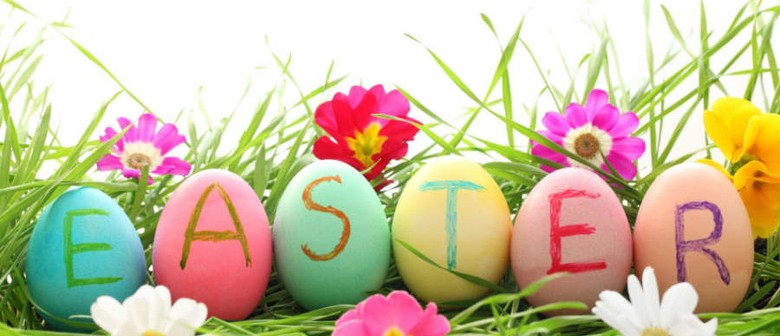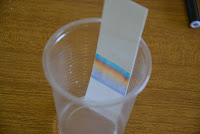Term 1 was a stressful term since we were starting the year and we had a lot of tests. We did have a lot of activities including Athletics and Passion Projects and more.....
Maths:
For maths, our theme or what we were mainly focusing on was adding and subtracting, etc fractions, integers and decimals. It was a really fun thing to do and we also got to make DLO/Digital Learning. Also every Friday we got to play a very cool maths game called position 18, we had a challenge and we had to get the most wins, at the end of the term we would add up the scores and we would get an award. So the winners from this term were me, but there was another student who got the same score as me.
We didn't get to do much writing and for reading, we did some activities on a website called read works.
For other activities such as Wednesday activities you can see that all over my blog, all you so you see is search for it at the top left and type Tane Mahuta, the information will be there if you would like to see.






